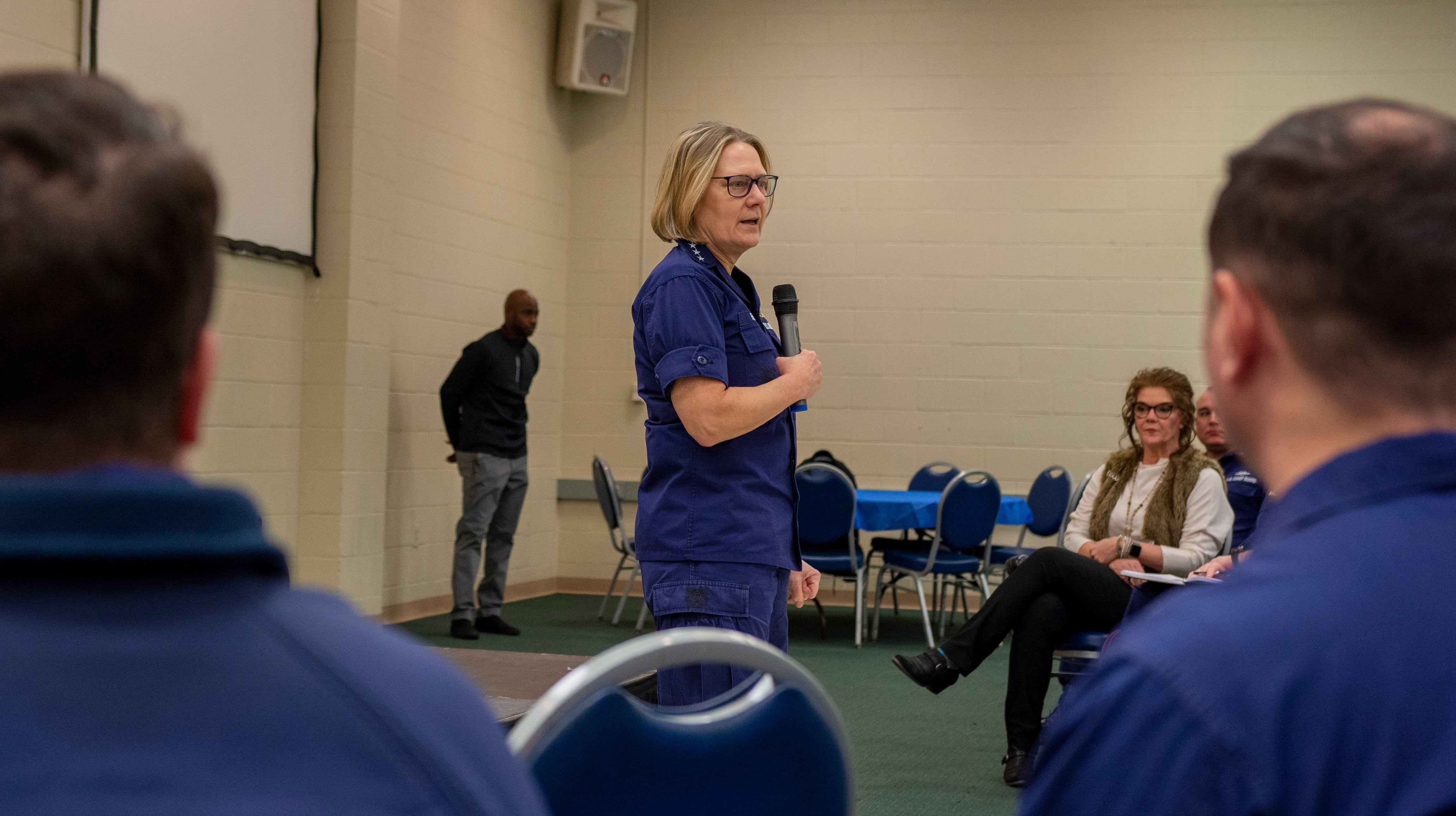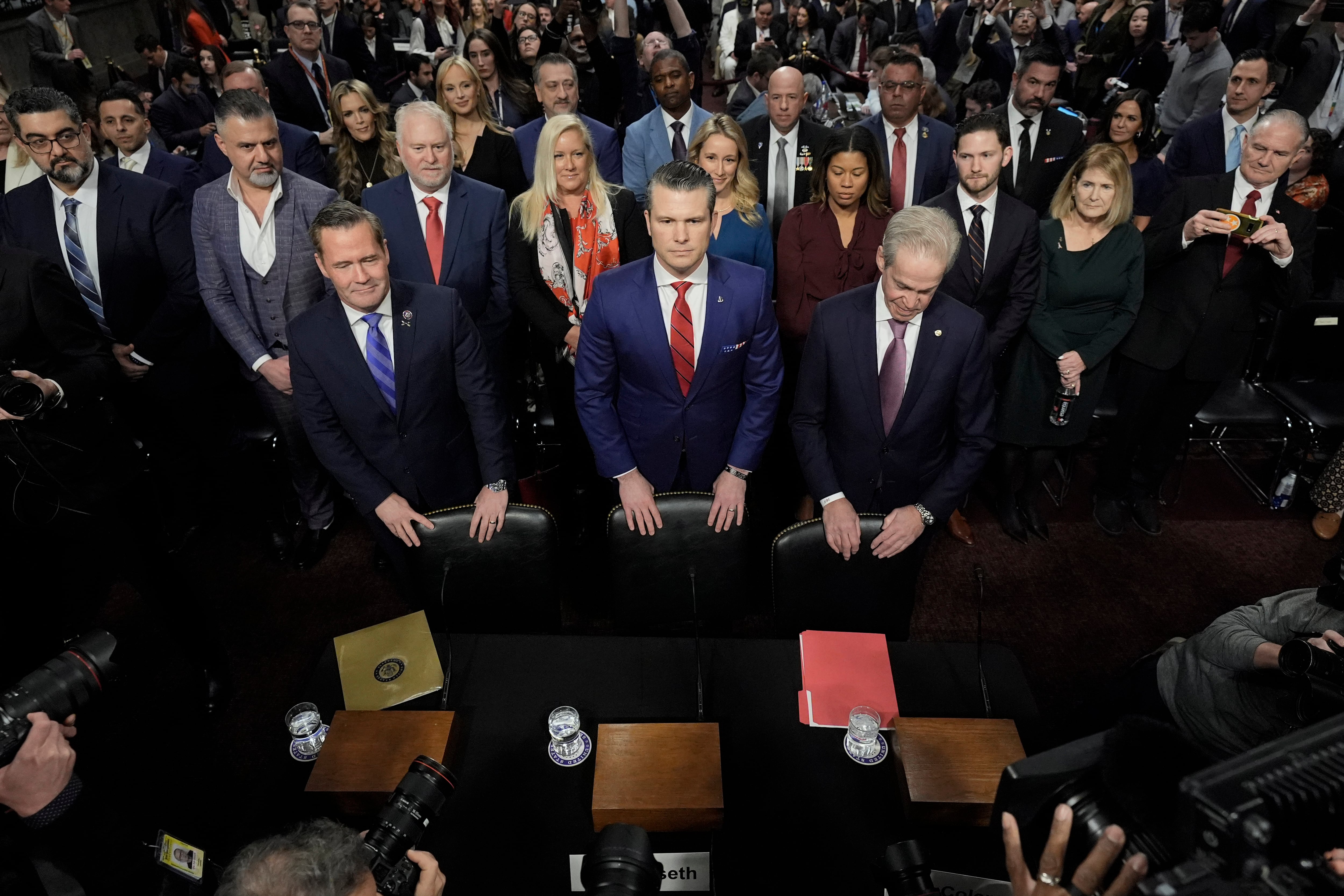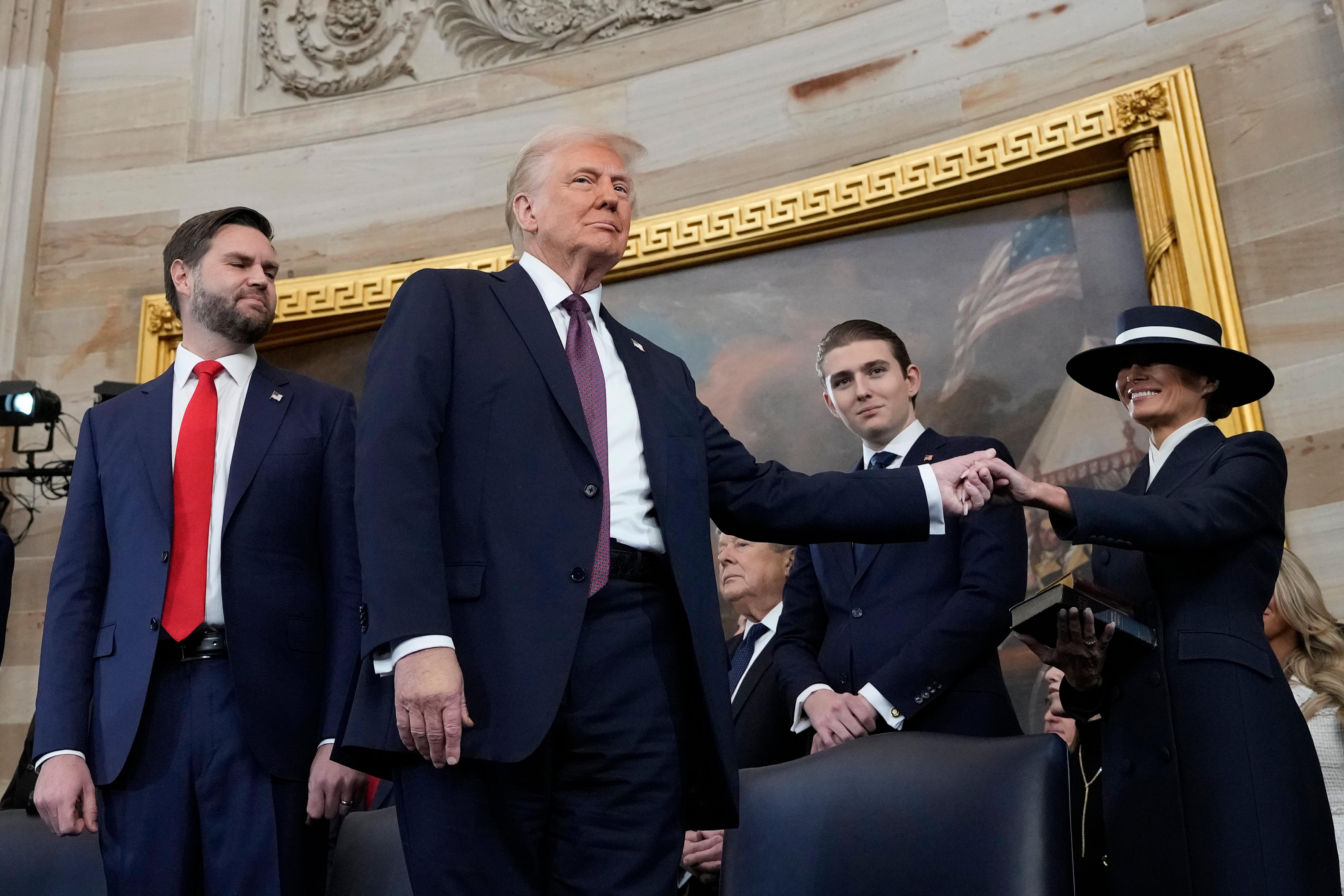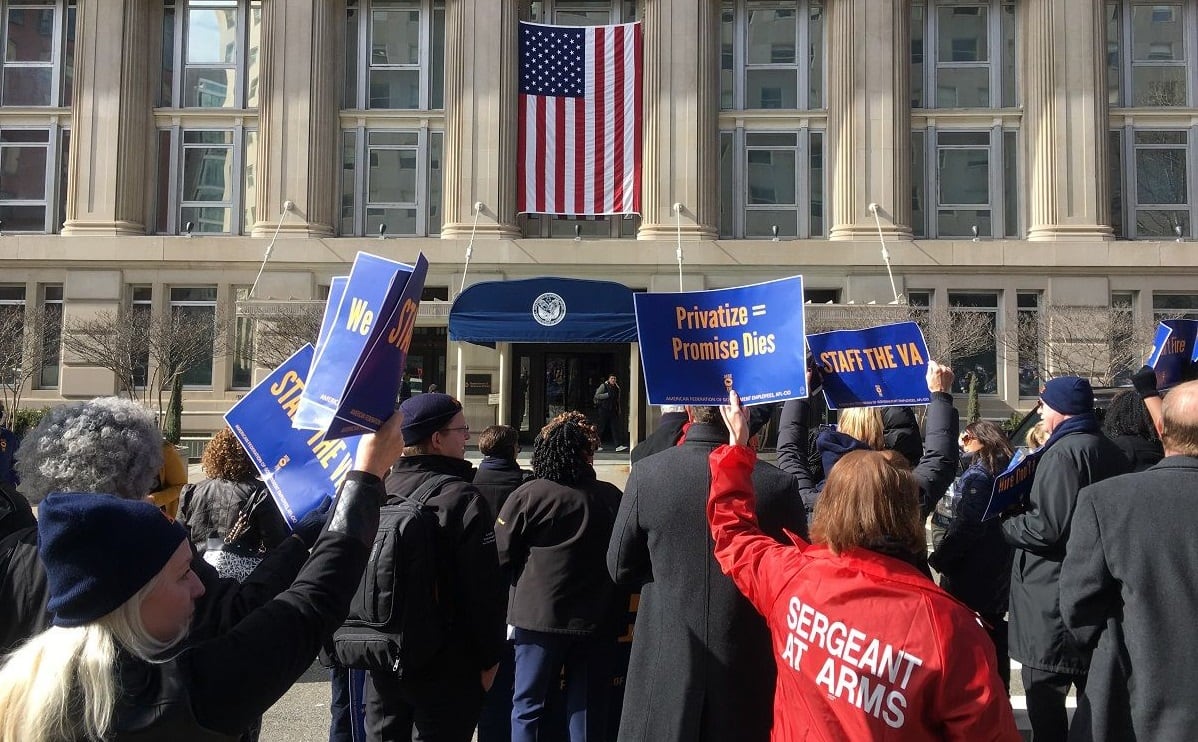This Last week saw the arrival of the first female Army infantry officer, the first female combatant commander, and the first female dean of West Point.
Kate Germano calls all of these those historic firsts exciting — for now.
"What we're hoping for is that in the future, we're no longer celebrating 'firsts' when it comes to women," said Germano, a incoming chief operating officer of the Service Women's Action Network. "We want this to become the norm."
Advocates say the recent advances for women in the ranks shouldn't brush aside the challenges still facing many female service members, issues that were also renewed last week with news that defense officials may have manipulated data on military sexual assault cases to undercut legislation they opposed.
But all of this But the rush of new highlights for female troops adds to a growing list of dramatic cultural changes for the military, including the defense secretary’s decision earlier this year to open all combat jobs to women.
Of the stories that developed this past week, it was the Army’s announcement that received of Capt. Kristen Griest being named the service’s first female infantry officer got the most attention, in large part because of Capt. Kristen Griest’s prior past accomplishments. Last summer she was one of the first women to graduate from earn the Army’s Ranger School tab, a pivotal moment for women's advocates who argued for desegregating all remaining against excluding women from certain military posts. Griest, a former military police officer, graduated from the Maneuver Captain's Career Course last week wearing the infantry's distinctive blue cord. as part of her transfer from military police to infantry.
A day later, Col. Cindy Jebb was named the first female dean at the U.S. Military Academy, five months after Brig. Gen. Diana Holland was named West Point's the first female commandant of cadets there.
Germano, a Marine Corps officer, said the achievements are were notable not only for the women involved but also for the entire Army as a whole, distinguishing the service as one that has embraced is more quickly embracing the value of women leaders quicker than the Navy, Air Force and Marines other three.
"They're having the highest-caliber women compete with the highest-caliber men and get selected for these positions," she said. "The hope is that ultimately all the services take the approach of including women in consideration for these jobs, and that the highest-caliber person is chosen."
Air Force Gen. Lori Robinson, named as the new head of U.S. Northern Command on Thursday, is the first woman to serve as a combatant commander. Supporters say that's much more than a historical footnote.
"For years, women were barred from combat roles, closing off their route to the senior leadership," Rep. Tammy Duckworth, D-Ill., wrote earlier this month in a piece for Time naming Robinson one of the 100 most influential people of 2016. "Robinson’s appointment makes clear to every female lieutenant that the top jobs are now open to them."
Women nationwide also saw another military milestone this week: For the first time, a Congressional panel has voted to require women to register for the draft.
That conversation is likely to be more theoretical than practical. No American men have been pressed into involuntary military service since 1973, and military officials have pushed back against any assertion of using the draft to fill the ranks again.
The Service Women's Action Network officials supports the idea — its their policy position states "men and women should be held to the same requirements and expectations in performing their civic duties" — but the group also says the issue is of much less importance than einsuring fair career advancement rules of women who voluntarily serve.
"In our own membership, the younger veterans and service women already see themselves as leaders within the service," Germano said. "They don't see themselves as different from their male counterparts.
"They have an expectation that if they can serve, and if they're contributing to the force, it should be expected they're treated the same way."
Advocates hope that will change with seeing not only the first women in prominent military leadership roles, but also many others to follow.
Leo Shane III covers Congress, Veterans Affairs and the White House for Military Times. He can be reached at lshane@militarytimes.com.
Leo covers Congress, Veterans Affairs and the White House for Military Times. He has covered Washington, D.C. since 2004, focusing on military personnel and veterans policies. His work has earned numerous honors, including a 2009 Polk award, a 2010 National Headliner Award, the IAVA Leadership in Journalism award and the VFW News Media award.





